Alzheimer Dementia In UK - Presentation
VerifiedAdded on 2022/08/08
|18
|1670
|17
Presentation
AI Summary
1) TOPIC NAME - ALZHEIMER ( DEMENTIA) DISEASE IN UK. 2) THIS ASSIGNMENT IS TOTALLY BASED ON POWERPOINT PRESENTATION ONLY. 3) WORD COUNT- INDICATIVE ONLY. THERE IS NO SPECIFIC WORD COUNT MENTIONED . WORD COUNT IS INDICATIVE ONLY. 3) PPT SLIDE-SHARES 25- PREPARE POWERPOINT SLIDE SHARES FOR MAXIMUM 25. Note- Assignment must be written in the form of below... 1. Critically appraise epidemiological approaches to understanding health and social care needs 2. Systematically summarize and interpret relevant data to inform strategic planning for the health care needs of local groups and communities. 3. Integrate health information and scientific knowledge to identify priorities for health and social care planning 4. Communicate information on population health status, health inequalities and evidence of effectiveness IMPORTANT NOTE......... Since the above mentioned assignment is purely and totally based on power-point presentation , such ppt slide shares should be on the follow
Contribute Materials
Your contribution can guide someone’s learning journey. Share your
documents today.
1 out of 18
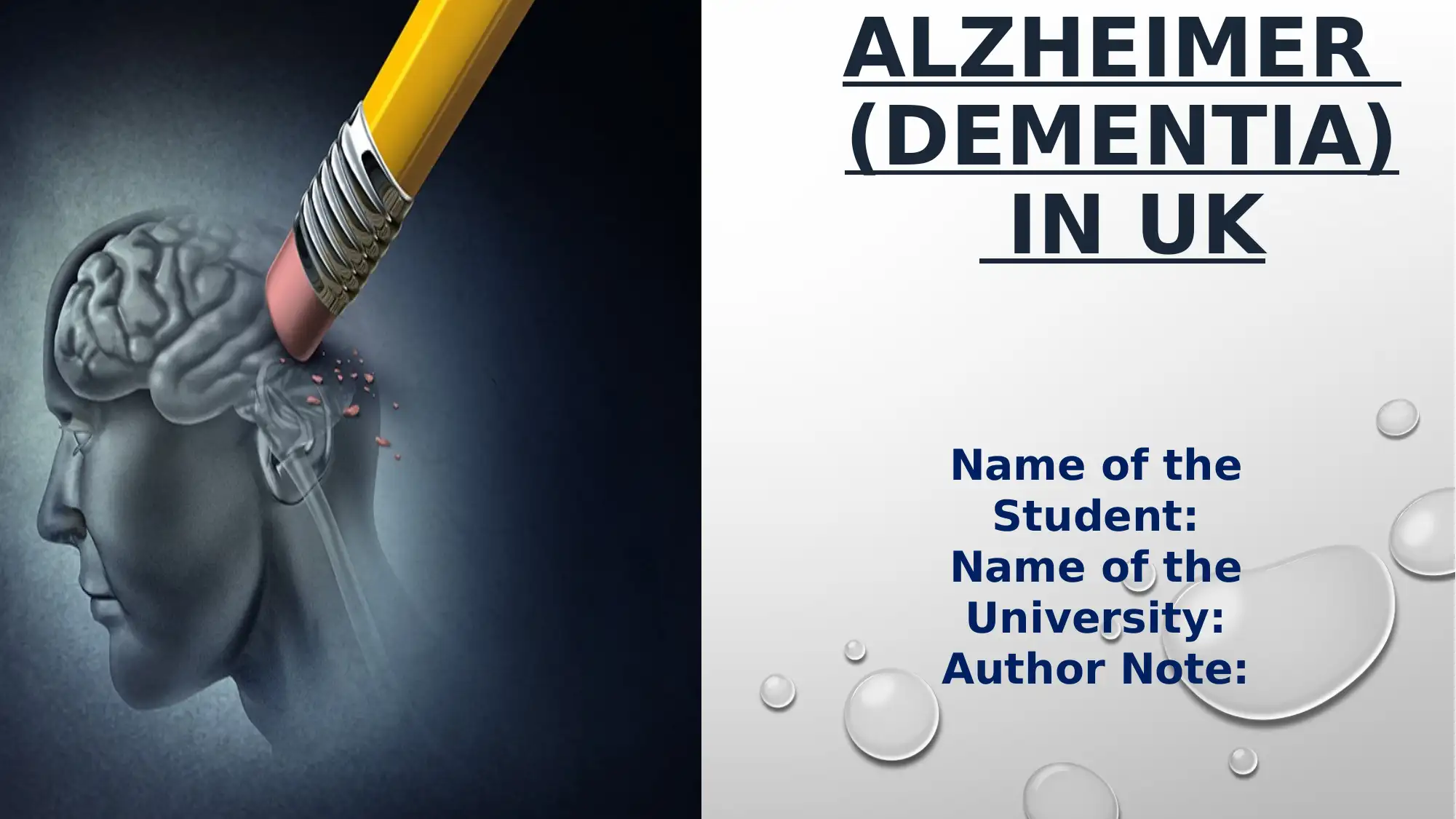
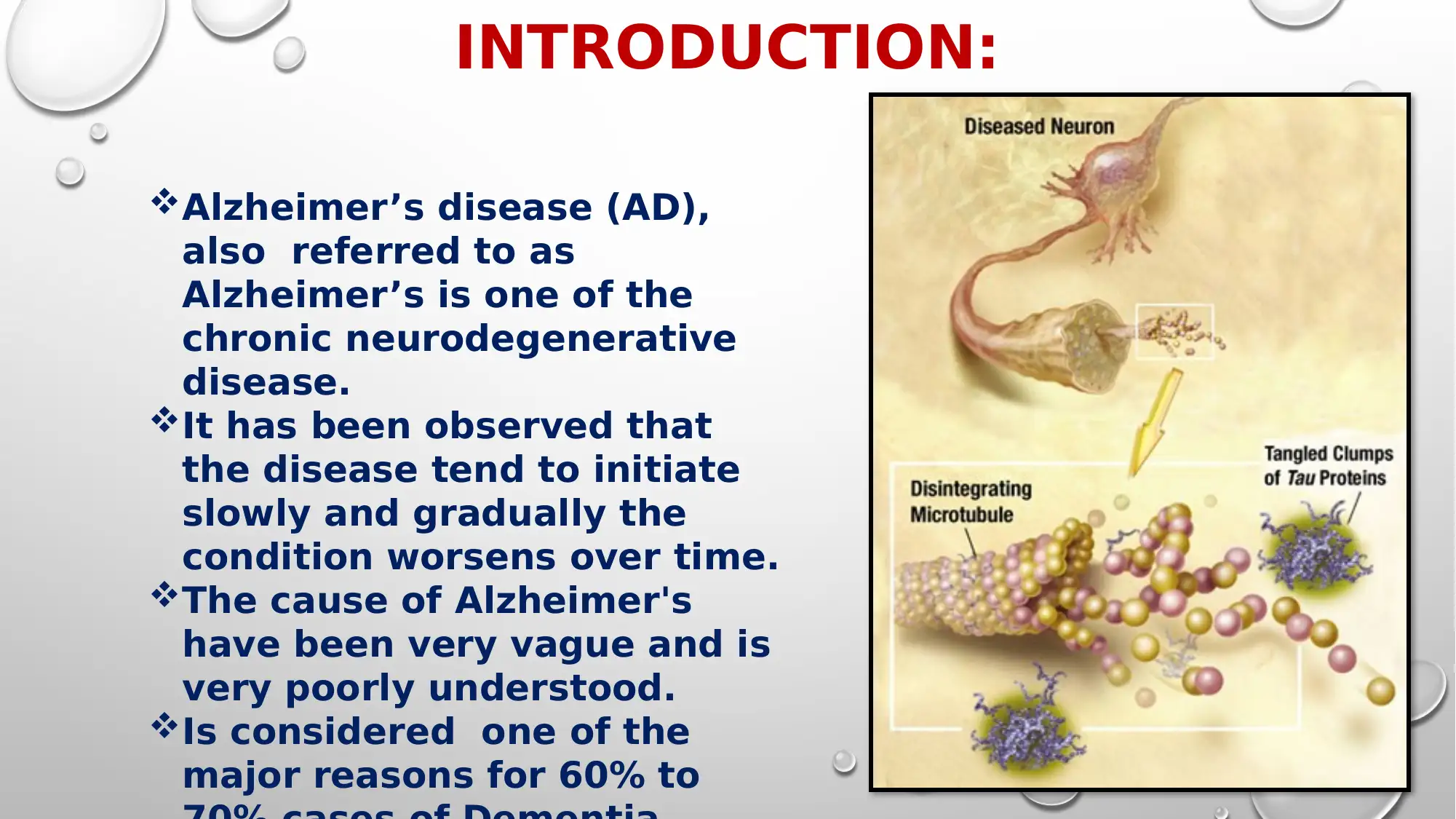
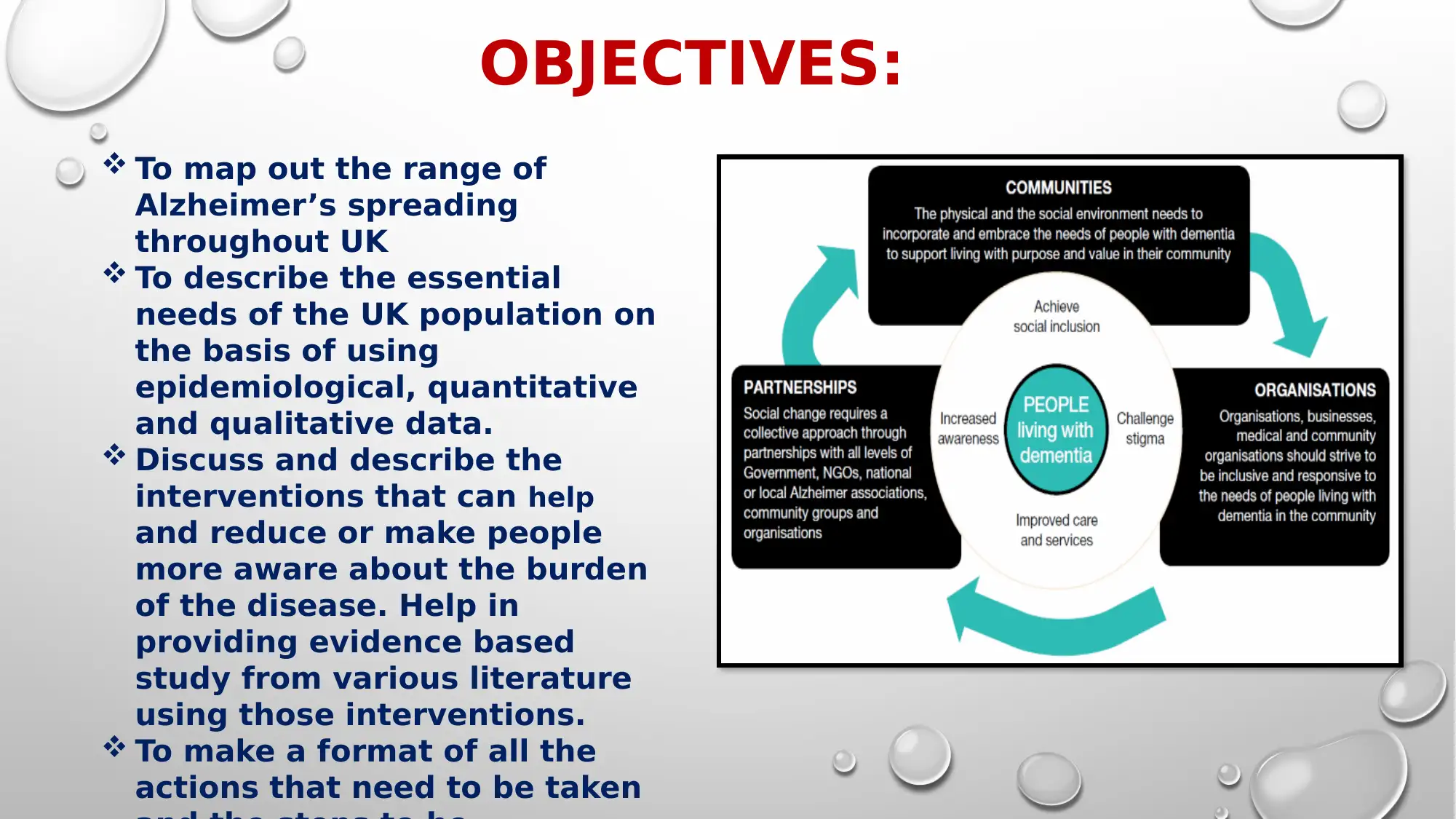
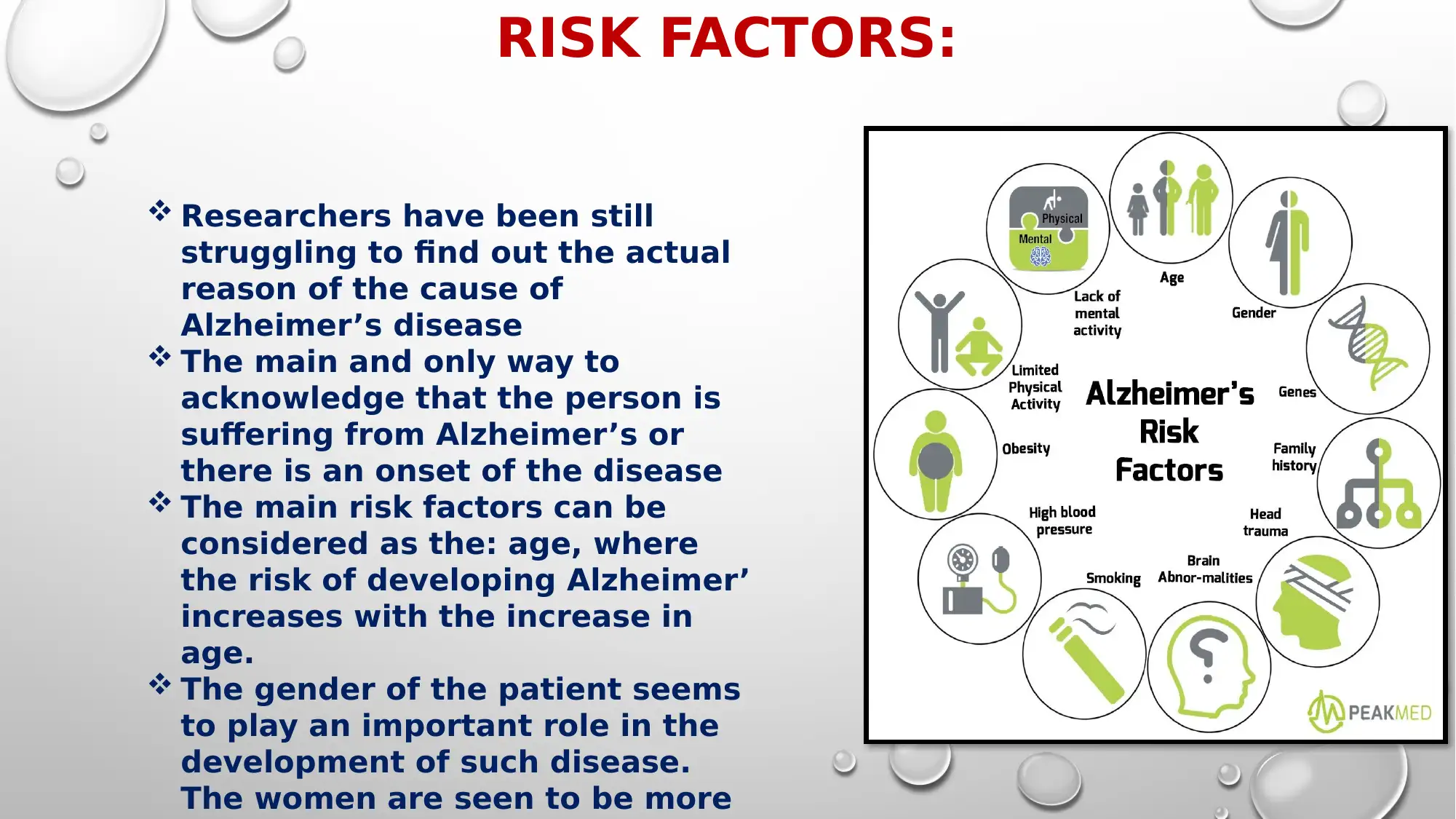
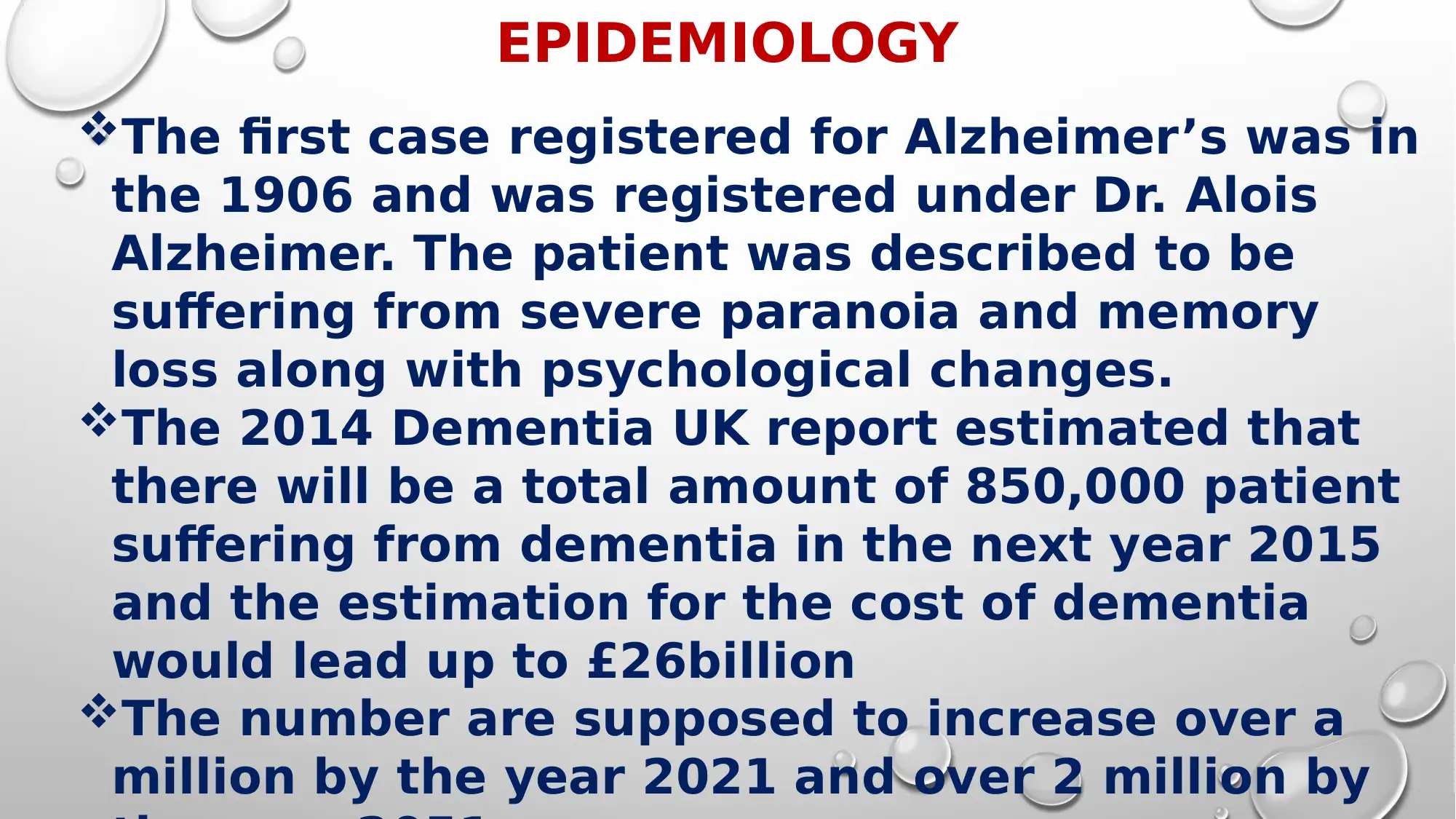
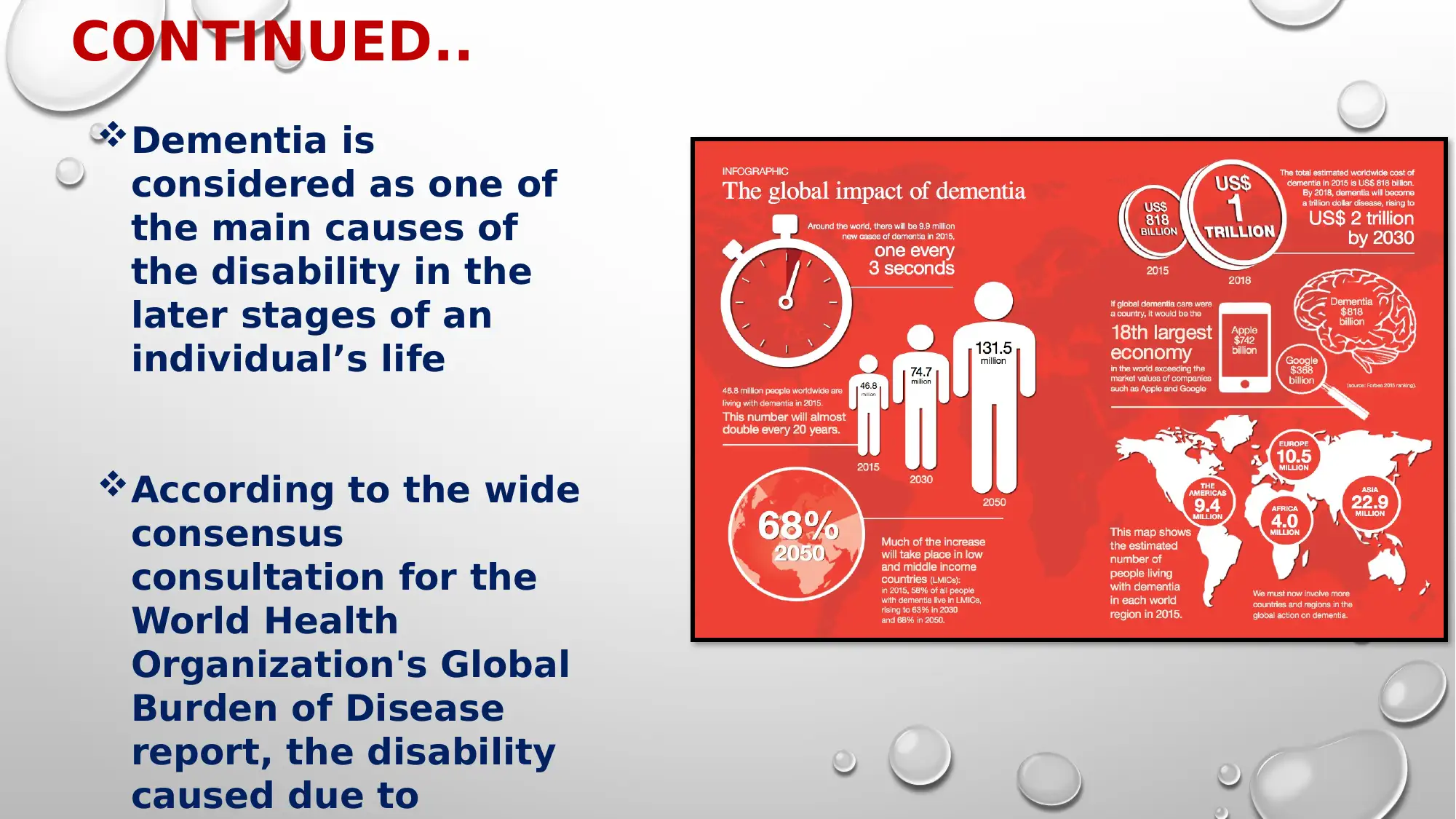
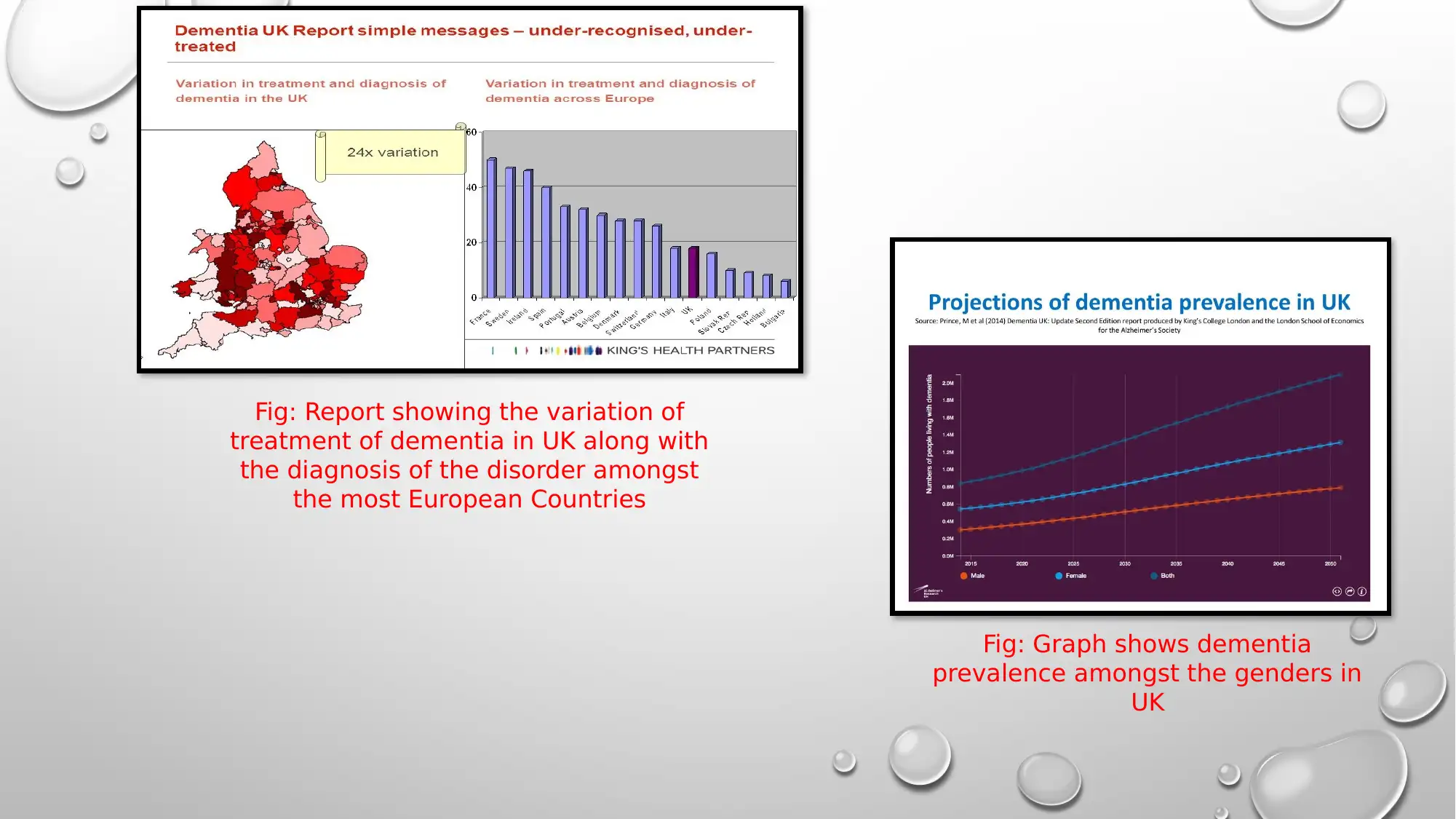
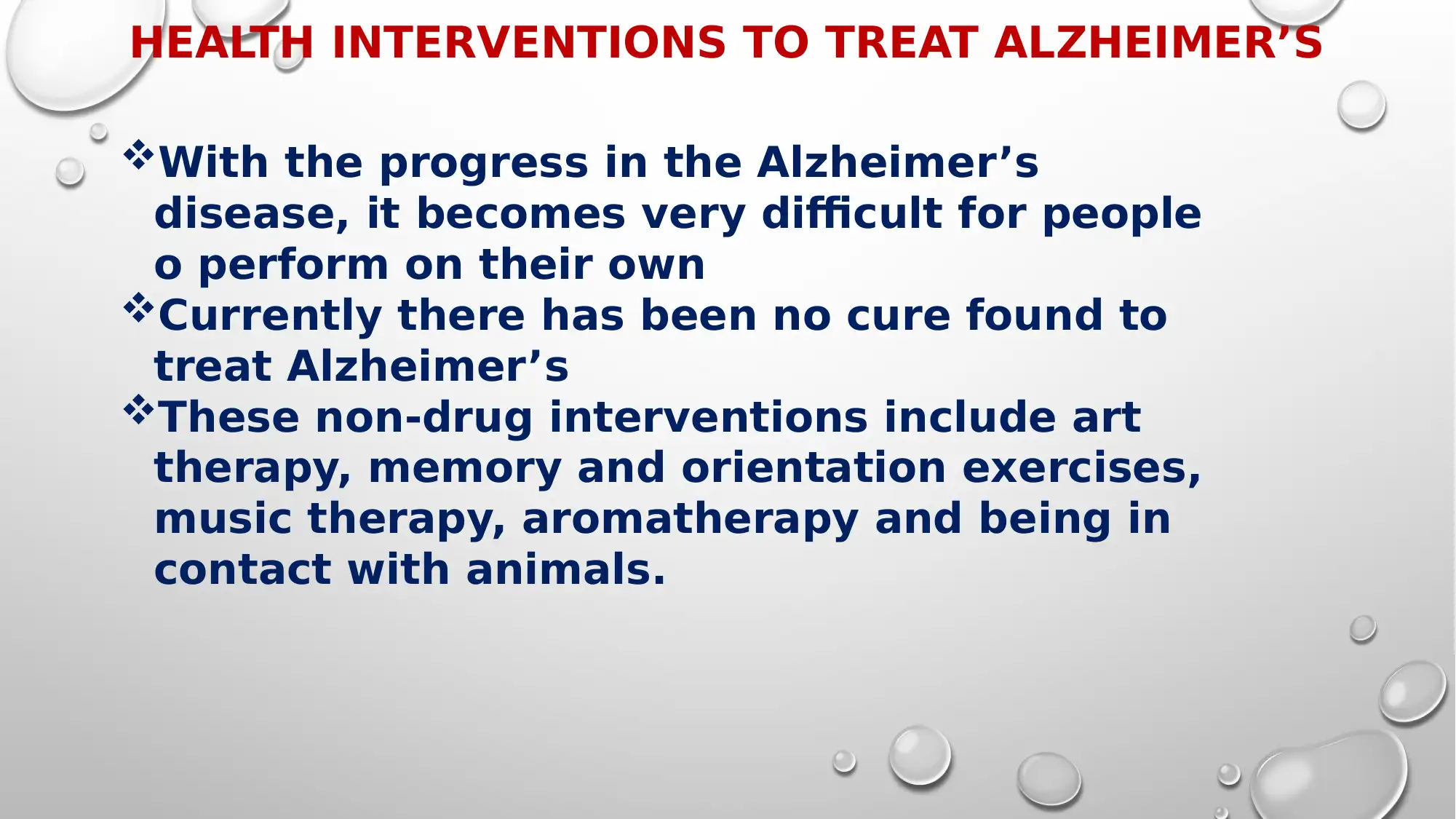
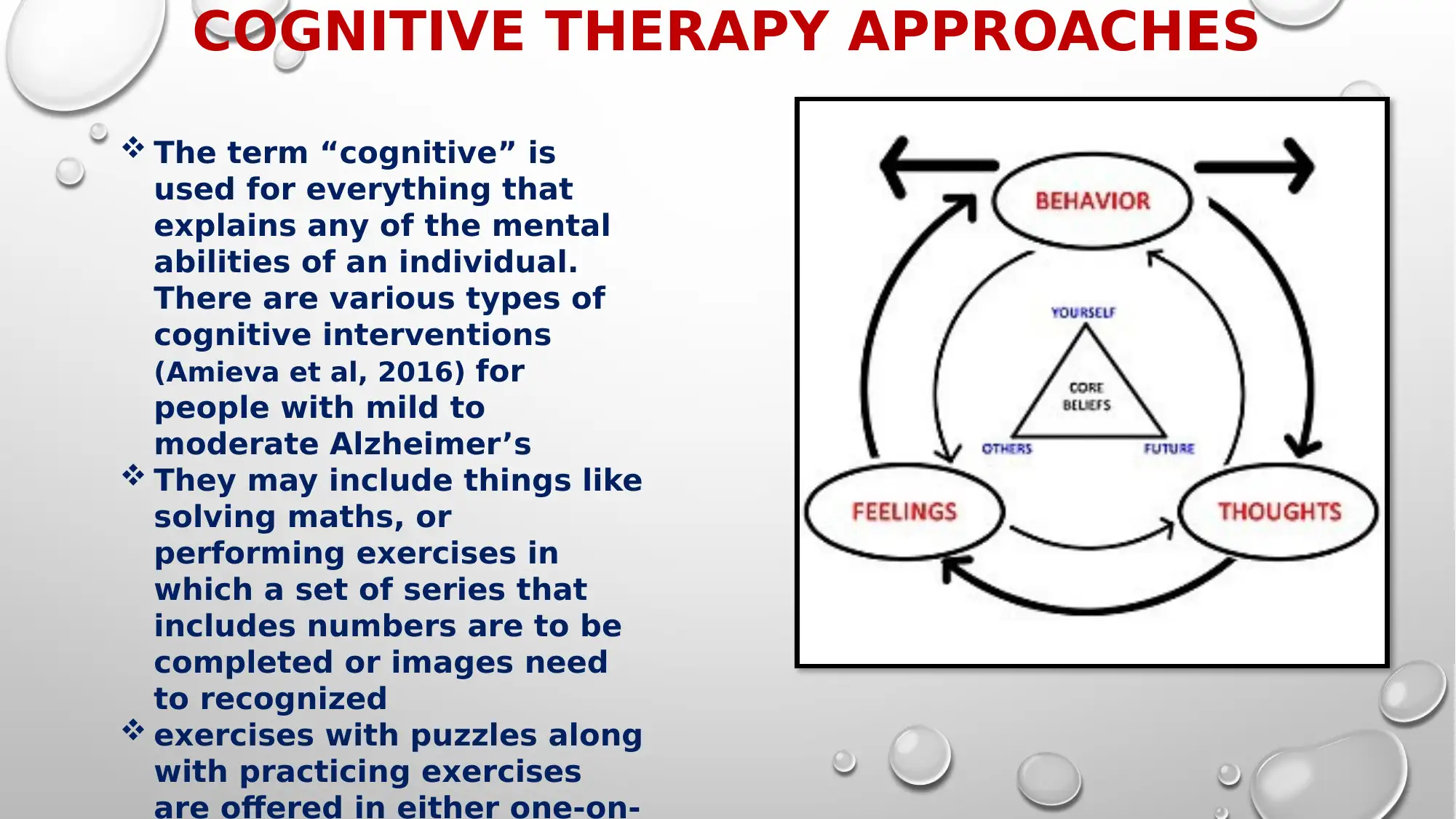
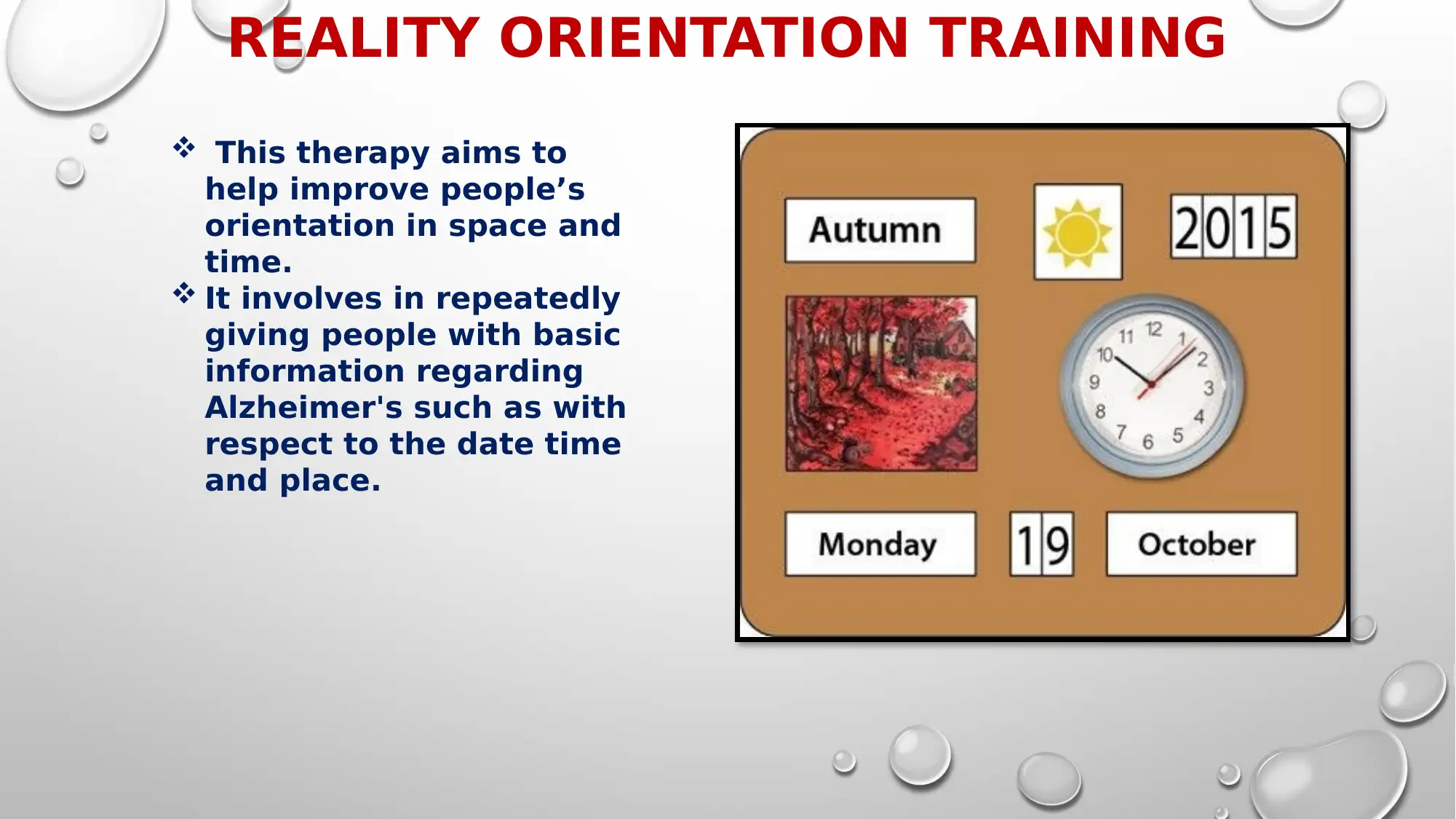
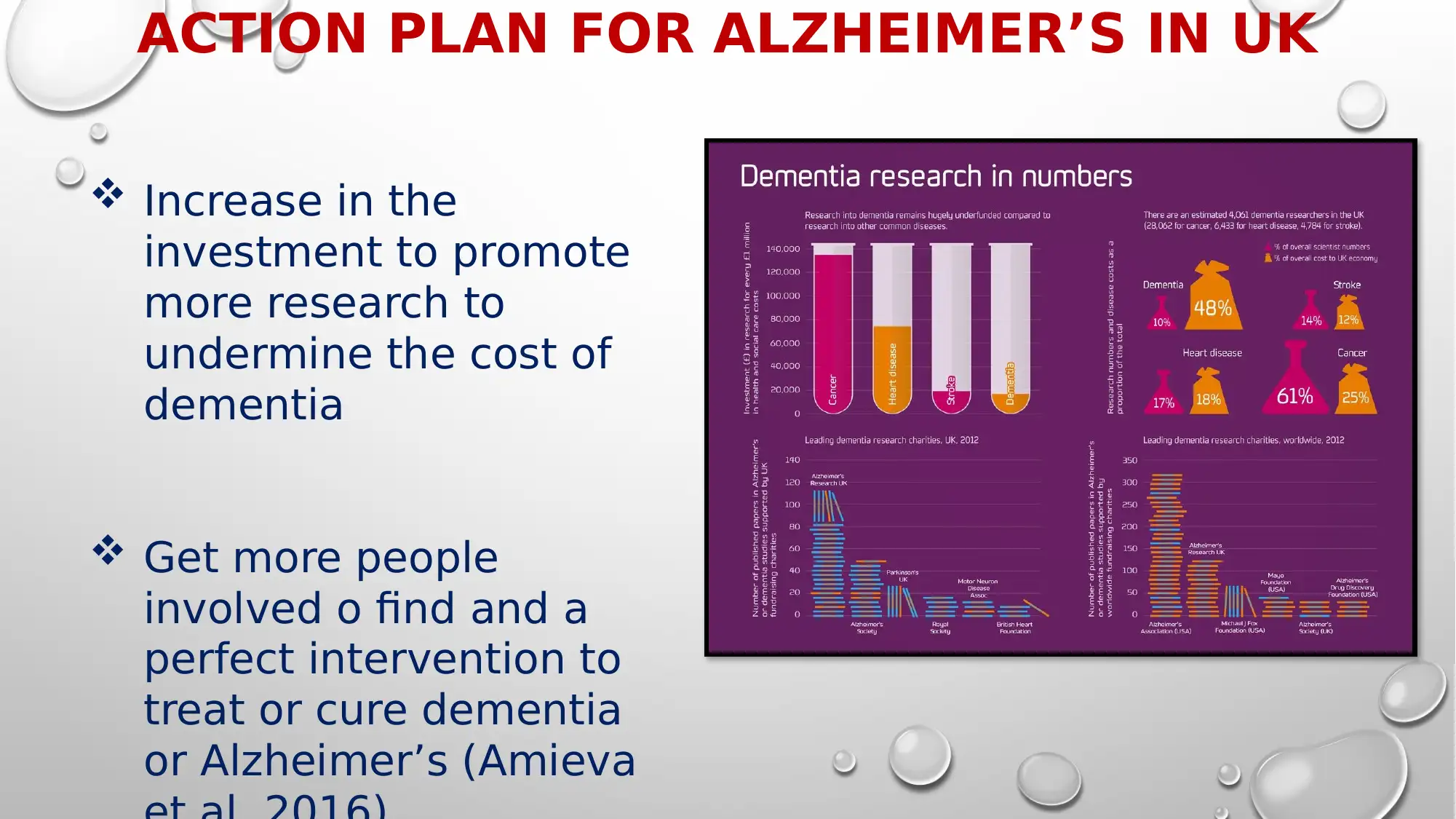
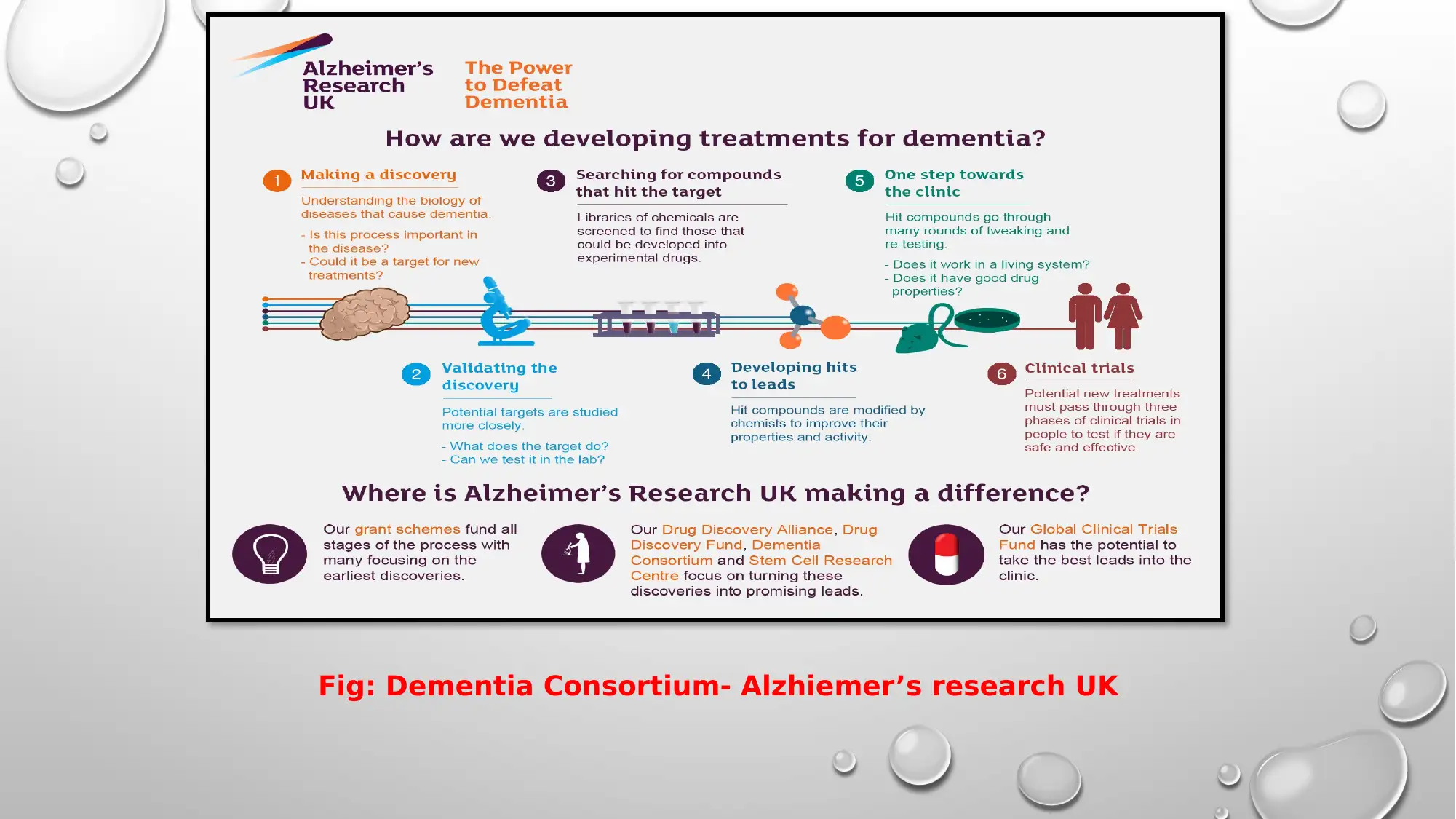
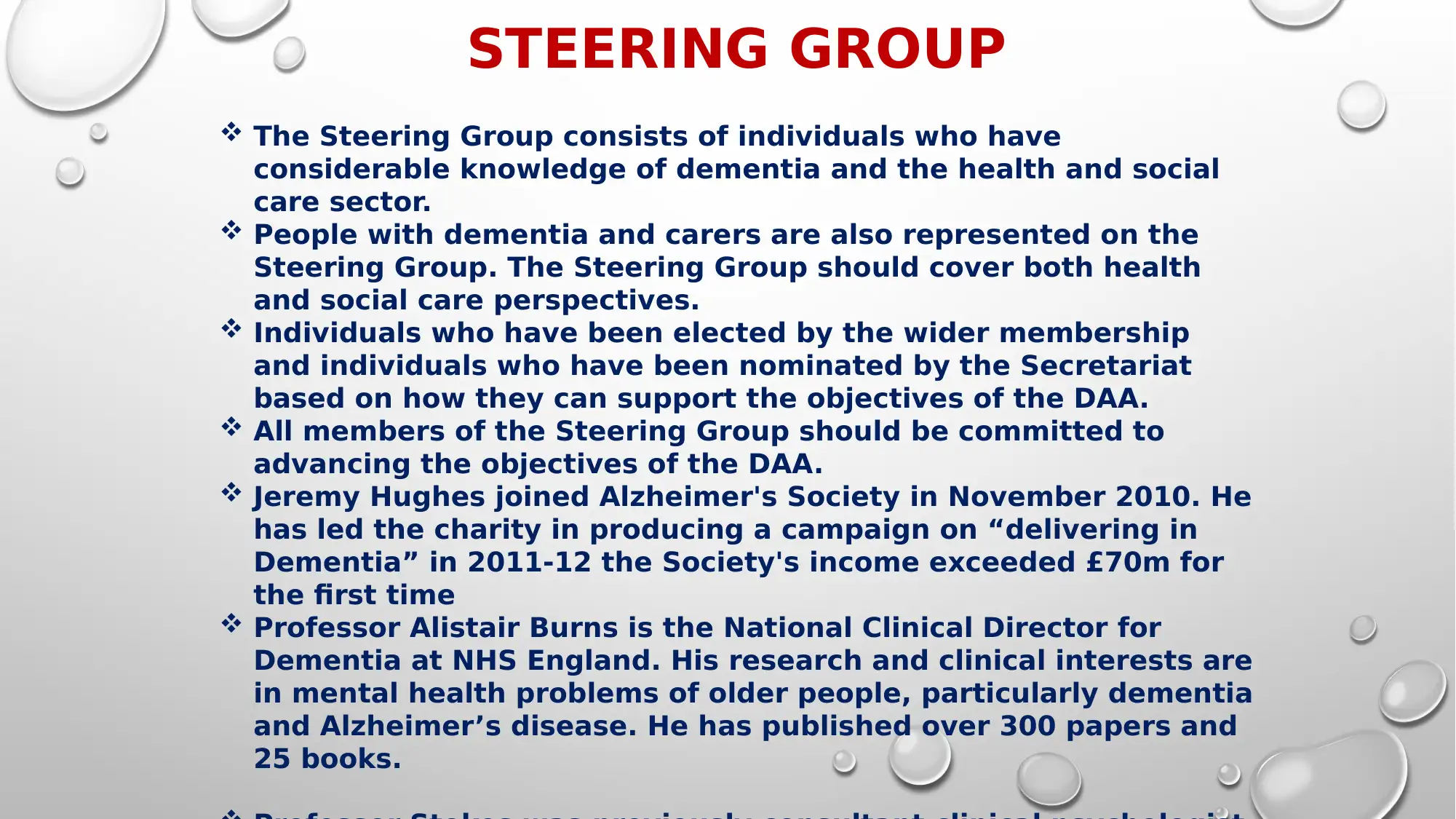
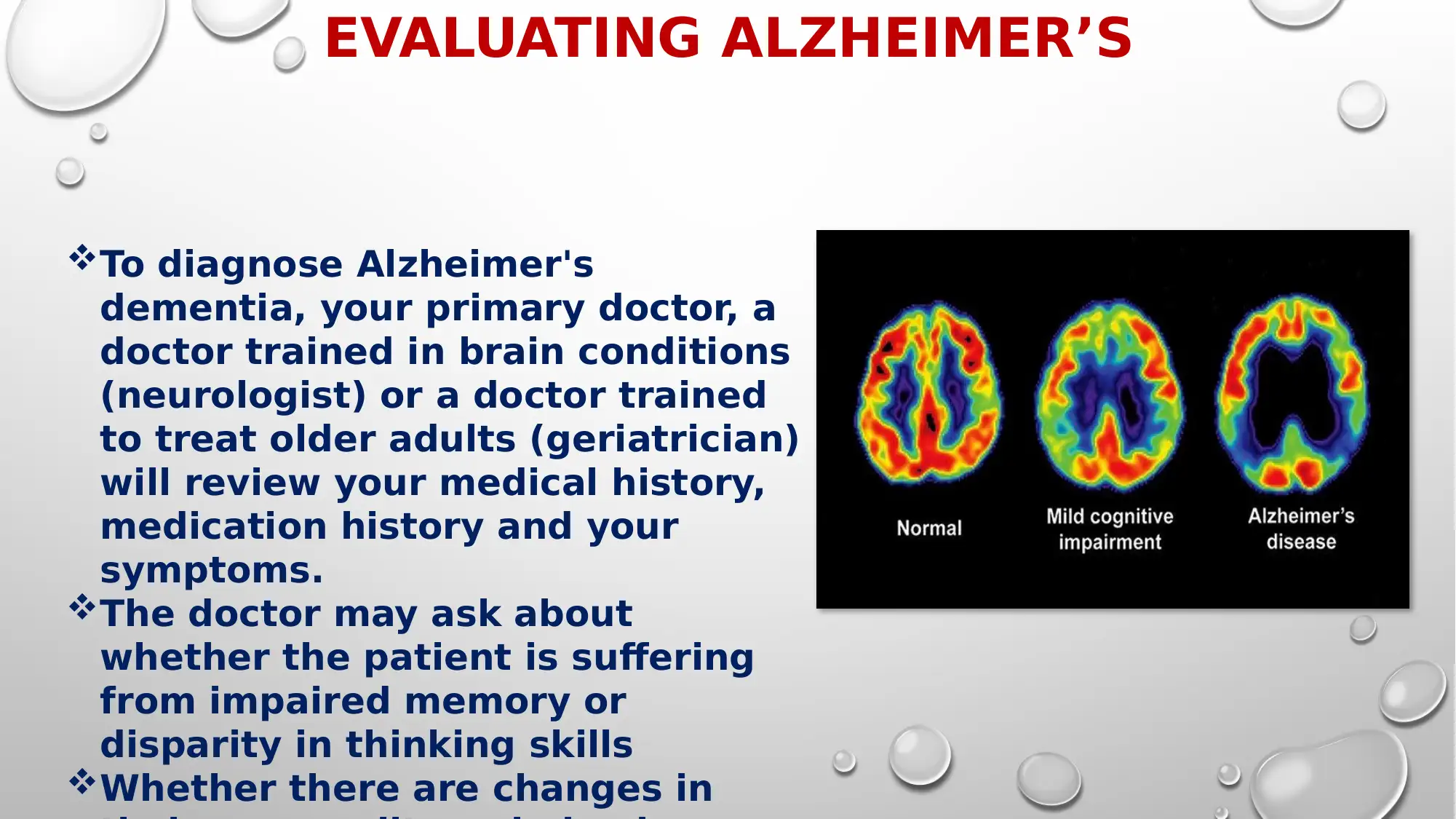
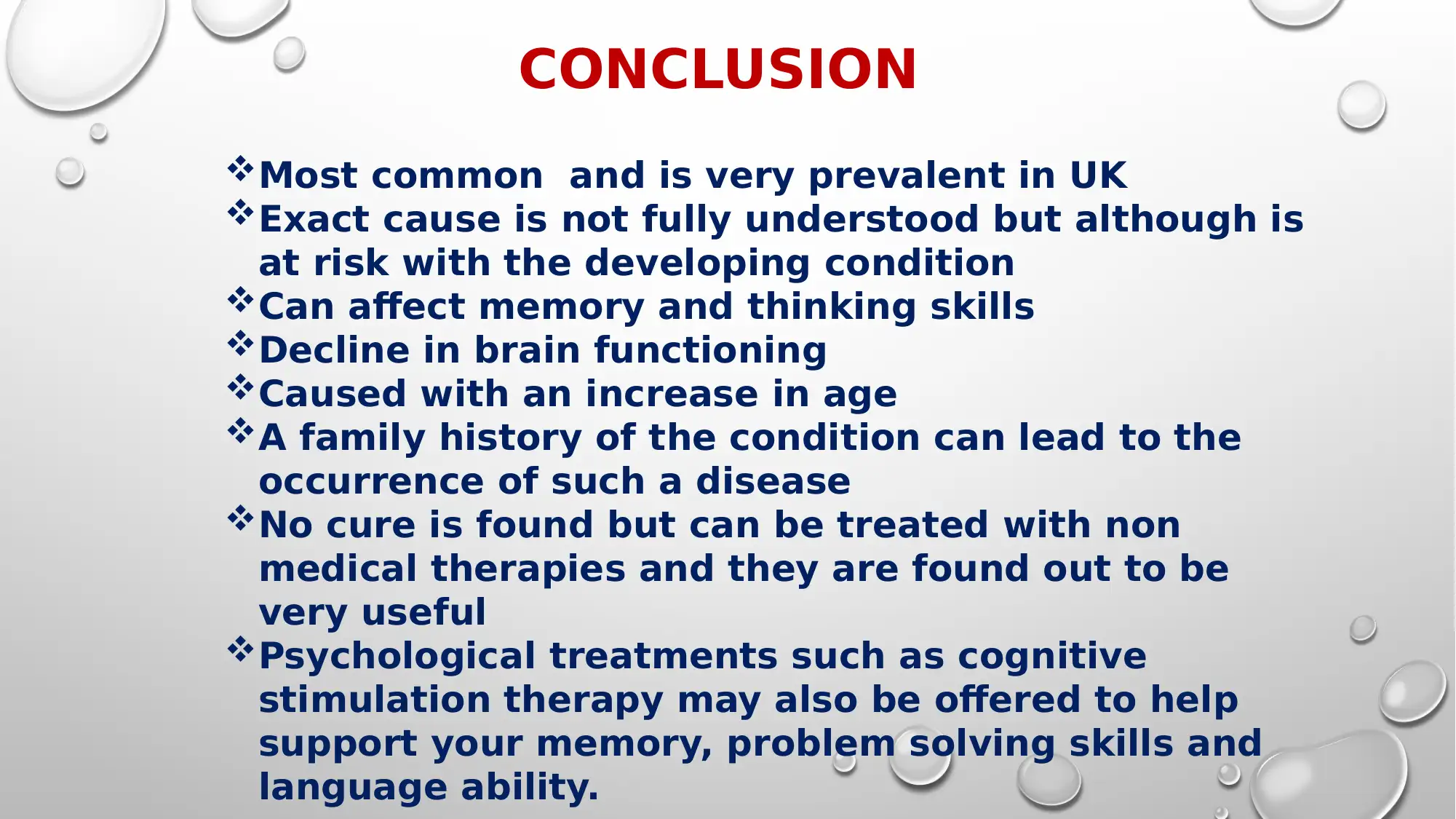
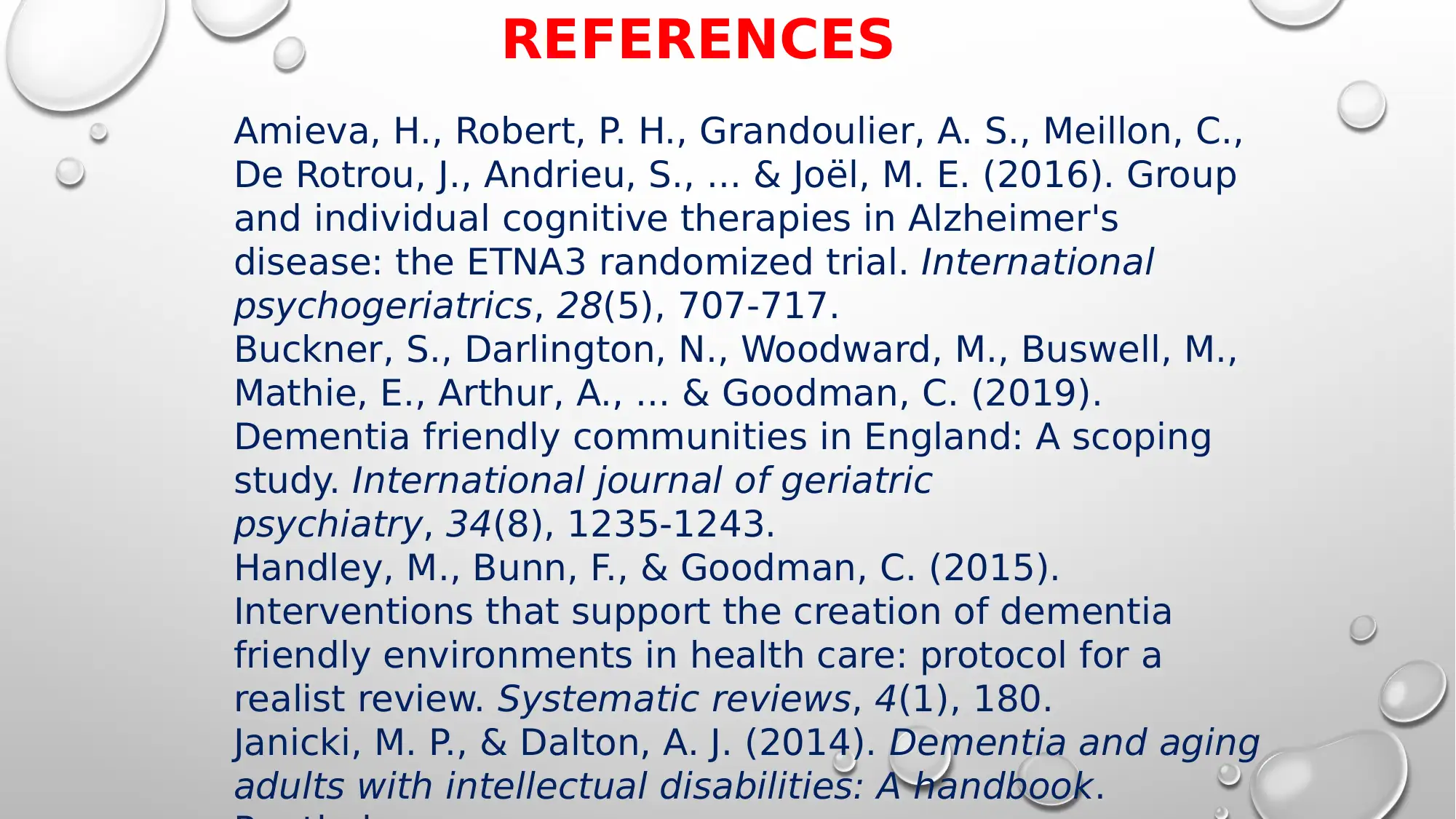
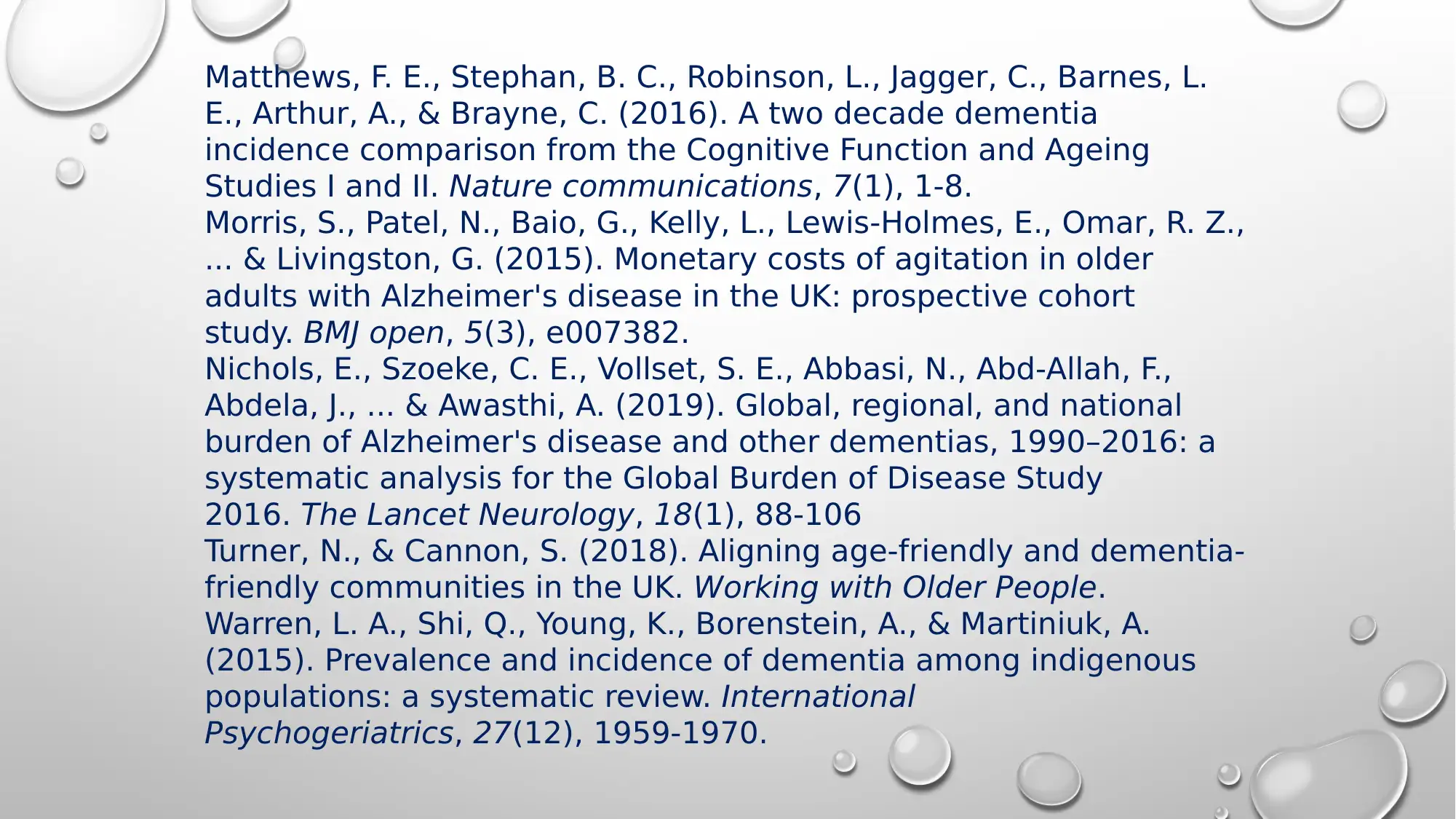







![[object Object]](/_next/static/media/star-bottom.7253800d.svg)